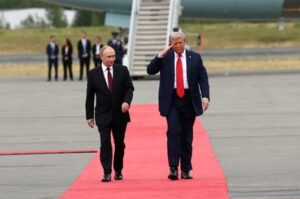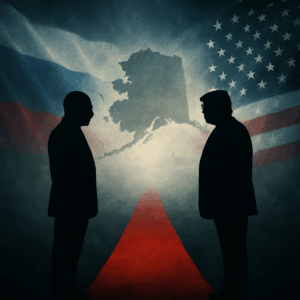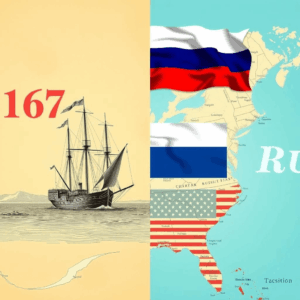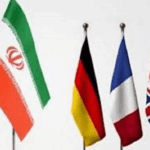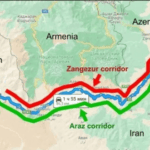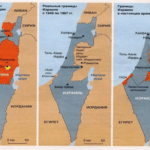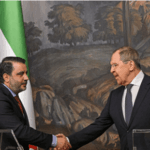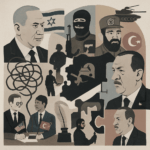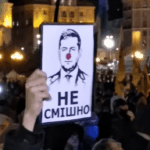Anti-Russian sanctions imposed by the US, EU over the conflict in eastern Ukraine are not only ineffective, but also threaten to reduce the role of the West in the global financial system, creating favorable conditions for faster development of competitors, primarily China.
It was expected that the most painful consequence of the sanctions measures for the Russian economy would be the closure of access to Western capital markets. Formally, the ban affected a limited number of Russian companies and banks owned by the state or closely associated with the state, but in practice it applied to virtually all Russian entities. Nevertheless, the Russian economy has been relatively successful in coping with its detachment from Western borrowed resources. Some foreign debts have been repaid, and credit needs have been met by more expensive ruble instruments. Besides, the need for borrowed funds is decreasing due to the weakening of business activity in Russia against the background of stagnating global economic growth and shrinking demand. This is evidenced by the statistics on capital expenditures of Russian commodity companies, reflecting their declining interest in loans even before the sanctions war began. In other words, these restrictive measures against Moscow would have had a much greater effect if they had been taken at a time of rapid growth in the global economy.
At the same time, for the West, the long-term consequences of closing access to its capital market (which is considered the most voluminous and liquid in the world) may be quite unfavorable. Such behavior of Western countries scares away borrowers from other regions, who begin to fear that similar financial restrictions will be used against them to achieve the geopolitical goals of the United States and its allies. Meanwhile, Washington and Brussels currently find it extremely unprofitable to spoil their financial reputation, as the most profitable from the point of view of capital investment are developing countries, not stagnating developed economies. If these countries start looking for new sources of credit or switch to self-financing, the West's position in their markets will be dealt a very sensitive blow.
The conflict between the Visa and MasterCard payment systems and the Russian authorities could be no less damaging to Western interests. After these firms blocked transactions on the bank's cards without any notification
"As a result of the new requirements and stricter control over their activities, the operation of payment systems in the Russian Federation has become much more complicated due to the introduction of new requirements and stricter control over their activities. These companies still account for more than 90% of the Russian market. But their main competitor, the dynamically developing Chinese payment system UnionPay, has already taken advantage of the situation and intensified its efforts to increase its market share in Russia. The company has signed cooperation agreements with 20 major Russian banks and plans to issue about 3 million cards by the end of 2017. As a result, the attempt to use Visa and MasterCard for political blackmail has seriously damaged the international reputation of these firms and contributed to the growing interest in the Chinese payment system both in Russia and abroad.
The West's threat to disconnect Russian banks from the international SWIFT system could also weaken Western positions in global finance. Proponents of this measure cite its effectiveness in relation to Iran, but they overlook the fact that the Russian economy is much more integrated into the global economy than the Iranian economy. Russia's annual exports exceed $500 billion (exports from Iran before the sanctions amounted to about $70 billion), with the bulk of foreign trade shipments going to Europe. Thus, in the short term, not only Russian but also European interests will suffer significantly.
In the long term, the West's use of such restrictive measures will contribute to the search for alternatives to this interbank payment system. The possibility of creating an analog of SWIFT is being actively discussed by Russia, China and other BRICS members. The realization of such a project faces a number of obstacles, such as the high cost of development and implementation. However, if the practice of financial isolation for political reasons continues, the determination of these states to incur significant costs to break the monopoly of the West is likely to strengthen. The emergence of a SWIFT competitor in the global economy will be a serious blow to this system, as it will reduce its market share and reduce the efficiency of operation.
To summarize, Western experts conclude that anti-Russian sanctions actually create preconditions for weakening those financial institutions that underpin the prosperity of Western countries, and draw attention to the need to find other means to find a compromise solution to the confrontation between the West and Russia.
Alexander Trukhin, PhD


